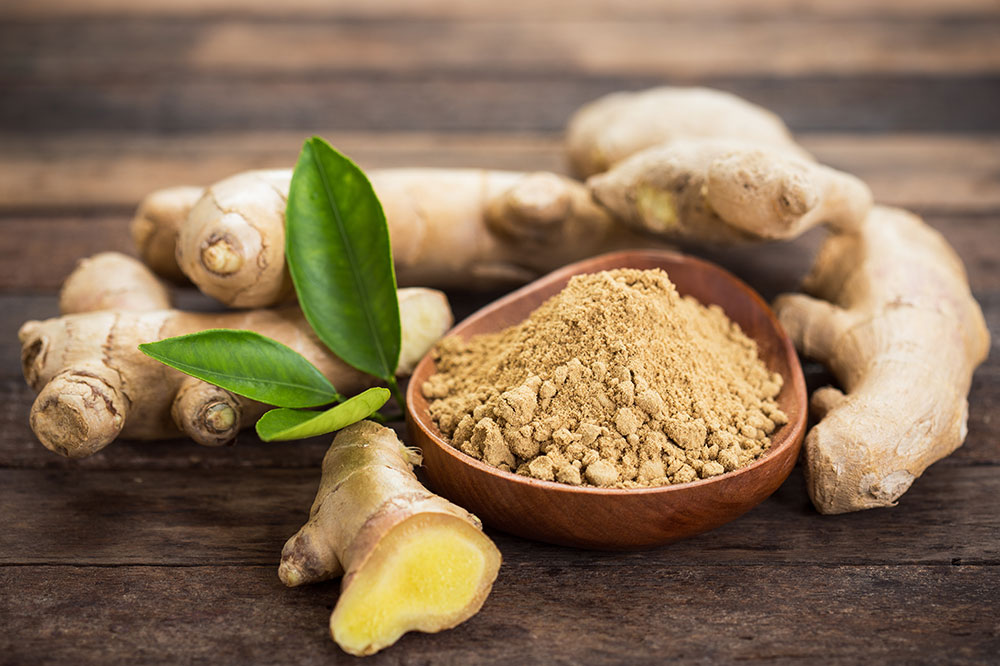Effective Strategies for Managing Asthma Symptoms
Discover practical and effective ways to manage asthma symptoms through dietary choices, lifestyle changes, and medication strategies. Learn how to reduce triggers and improve your quality of life with expert-recommended tips for better respiratory health. This comprehensive guide emphasizes asthma management techniques suitable for long-term control and symptom relief. Stay informed and proactive about your health by implementing these proven methods to minimize attacks and breathe easier every day.

Effective Strategies for Managing Asthma Symptoms
Asthma is a chronic respiratory condition characterized by inflamed airways and excess mucus production, leading to breathing difficulties. While it cannot be cured, various management techniques can help control symptoms and reduce attacks. Here are some proven ways to better manage asthma.
Nutrition Tips
Your diet plays a crucial role. Consuming specific foods can soothe airway inflammation and prevent flare-ups. Here's what to include in your diet:
Tomatoes
Tomatoes are rich in antioxidants like lycopene that support respiratory health. Drinking tomato juice may help relax airways and improve breathing.
Leafy Greens
Spinach and other leafy vegetables are beneficial due to their high vitamin content, including folate, which can decrease the frequency of asthma episodes.
Fatty Fish
Salmon provides omega-3 fatty acids that help reduce airway inflammation. It is also a good source of vitamin D, which boosts immune function and can prevent asthma triggers.
Foods to Restrict
Limiting certain foods can help prevent asthma attacks. Avoid processed and trigger foods.
Research links increased asthma incidents to diets high in processed foods and additives. Some foods to avoid include:
Dried Fruits
Dried fruits often contain sulfites, preservatives that can worsen asthma. Opt for fresh fruits instead.
Alcoholic Beverages
Drinks like wine can contain sulfites and histamines, which may trigger symptoms. Limiting alcohol intake can be helpful.
Allergy-Trigger Foods
Identify and avoid foods that cause allergies, as they can induce wheezing or attacks.
Lifestyle Adjustments
Reducing stress, maintaining a healthy weight, and getting sufficient sleep can improve asthma control. Quitting smoking is crucial for better respiratory health.
Self-Care Practices
Yoga and breathing exercises can help lessen attacks and improve lung function. Meditation and mindfulness techniques also aid in reducing stress, with many apps available for guided practices.
Medication Usage
Proper medication prescribed by healthcare professionals, including inhalers and oral drugs, are essential. Long-term, short-term, and rescue medications help manage symptoms effectively.
Trigger Management
Identifying and minimizing exposure to allergens like pet dander, dust, smoke, and strong scents is vital. Regular cleaning, air filtration, and avoiding secondhand smoke contribute to better control.










